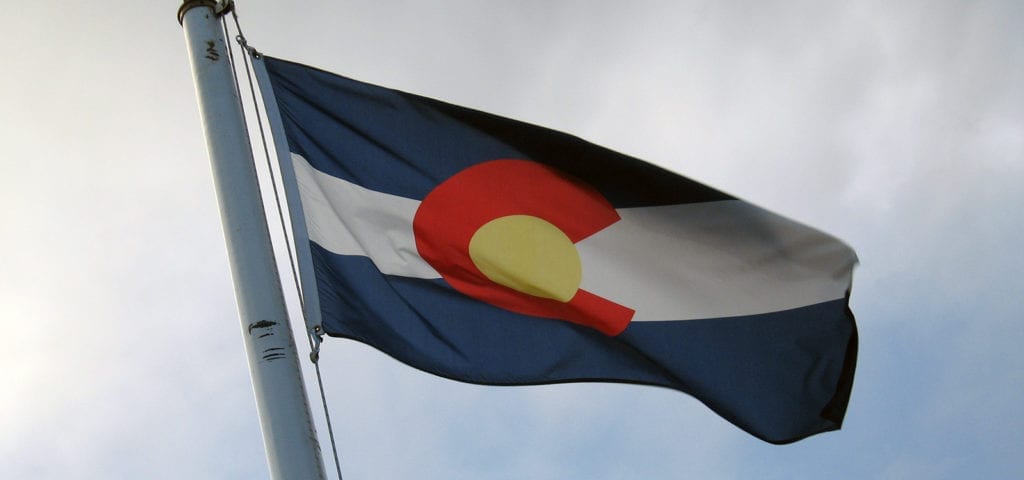Colorado Gov. John Hickenlooper has signed a bill allowing $6 million a year from the state’s cannabis tax revenues to be used to crackdown on the state’s illicit market, the Associated Press reports.
“We don’t want people to say they’re trying to grow for medical purposes, or licensed recreational uses, and instead they’re shipping it out of state,” Hickenlooper, a Democrat, said in the report.
The bill was supported by both law enforcement and cannabis industry groups. The state gave law enforcement about $1.7 million last year to combat illegal grows and to train officers to recognize individuals driving under the influence of cannabis. The recent funding will give police more resources to crack down on illegal cultivation sites in rural areas, where there are often no legal dispensaries and no local tax benefits derived from legalization.
Kevin Gallagher, head of the Cannabis Business Alliance, indicated that illegal grows undercut prices of legally grown cannabis and casts legalization in a negative light.
“The black market certainly hurts the regulated industry,” he said.
Last year, more than a dozen raids in southeast Colorado netted 22,000 pounds of illegal cannabis authorities say was intended for out-of-state sales.
Michael Phibbs, head of the Colorado Association Chiefs of Police, said that investigations in rural communities “can be very time-consuming and expensive.”
The bill sponsor, Sen. Irene Aguilar, said the funding is not intended to jail more people but to help those rural areas, which might be short-funded and short-handed, deal with illegal grows. She said that there “is no evidence” that illegal grows “disproportionately affects minority communities,” although there has been some debate over racial disparities in cannabis arrests after legalization.
The governor also signed a bill that caps home-grow limits to 12 plants, from 99. Hickenlooper said the 12-plant limit helps protect “neighborhoods from violence often associated with illegal drug trafficking.” Some primary caregivers will be able to cultivate up to 24 plants if they register with the state, according to a Cannabist report.
Rob Correy, a Denver-based attorney, said that he will file a lawsuit against the plant cap in a matter of days.
“We’ve got bills here that are in direct conflict with the voters’ will in enacting Amendment 64 as well as the voters’ will in enacting (medical marijuana) Amendment 20,” Correy explained to the Cannabist.
The new grow rules are set to take effect Jan. 1, 2018.
Get daily cannabis business news updates. Subscribe
End
